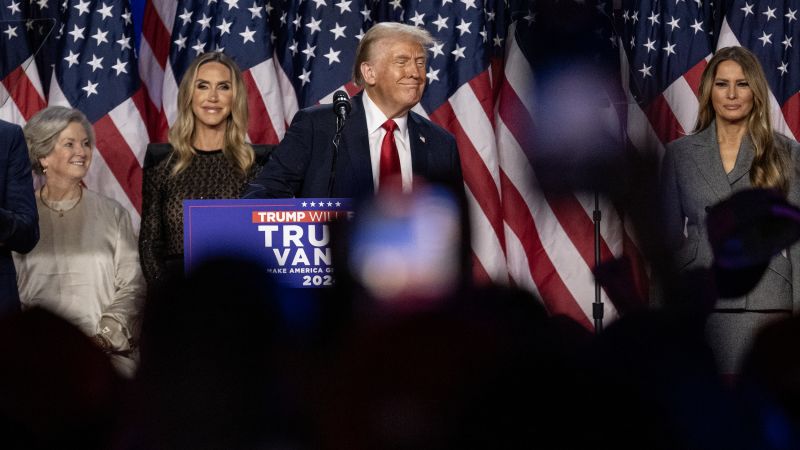Trump’s return to power raises serious questions about the media’s credibility

Donald Trump’s victory in the recent election has sparked a new era for the American media landscape. His defeat of Kamala Harris has raised important questions about the credibility, influence, and audience of the media. Many Trump supporters believe that his win is a complete rejection of the news media, with some going as far as declaring the mainstream media dead.
In the aftermath of Trump’s reelection, there is a growing concern about the trust deficit between the Trump base and major media outlets. Many are questioning whether the media has enough diversity in viewpoints to accurately reflect the views of the Trump majority. Some are suggesting that the press should show more humility and acknowledge that maybe they have been too quick to dismiss certain perspectives.
The mainstream media has been accused of focusing on sensationalized stories and ignoring the real issues that matter to voters. The recent election has shown that there is a disconnect between what the media thinks is important and what voters actually care about. Moving forward, there is a need to bridge this gap and engage with all segments of the population.
As Trump prepares for his second term in office, there are concerns about how he will interact with the media. Will he continue his hostile rhetoric and move to limit press access? Will media outlets engage in self-censorship to appease him? These are important questions that will shape the future of journalism in the United States.
In response to these uncertainties, newsroom leaders and owners are reaffirming their commitment to independent journalism. They are emphasizing the importance of a free and thriving press in a democracy. As the media landscape continues to evolve, it is crucial for journalists to uphold the principles of impartiality and integrity in their reporting. Only by doing so can they regain the trust of the American public and fulfill their role as the watchdogs of democracy.




